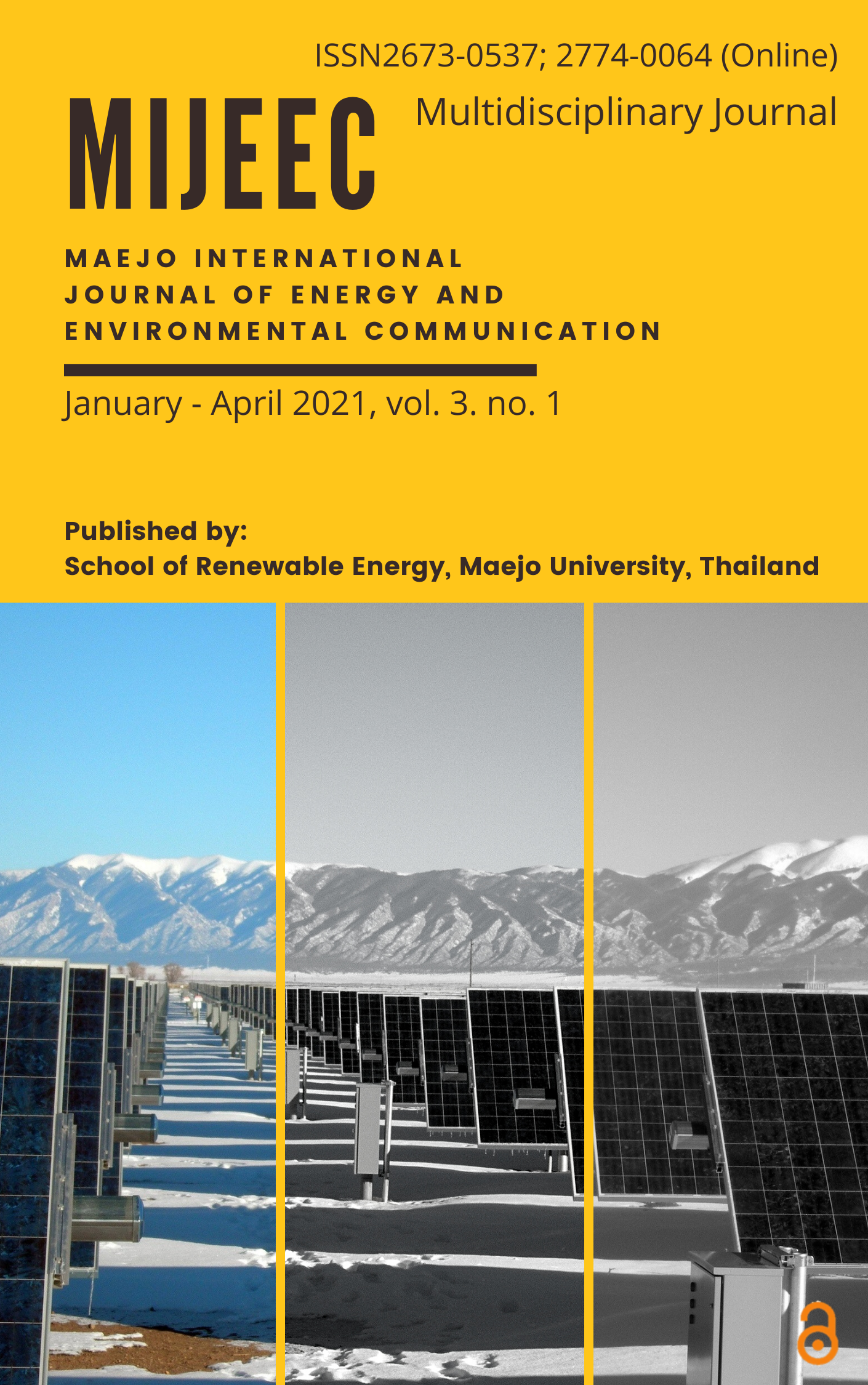Towards a sustainable approach for the development of biodiesel microalgae, Closterium sp.
Main Article Content
Abstract
As fossil fuels are the principal source for the automobile and energy sectors, global warming and a rapid decrease in their availability are seen. Alternative fuels that are sustainable, renewable, and eco-friendly are widely investigated in order to maintain an aesthetic environment and combat fossil fuel depletion. Biofuels have the ability to both reduce pollution and provide energy. This study focuses on the extraction of oil from freshwater microalgae, Closterium sp. algae using the Soxhlet extraction process for biodiesel production. Oils are extracted from dry microalgae biomass and used in biodiesel production using solvent (hexane and acetone) extraction. With the help of solvents and catalysts, the extracted oil undergoes transesterification, which transforms it to biodiesel. Closterium sp. oil extraction using hexane and acetone yielded 7.8 and 5.6 g, respectively, as well as biodiesel was achieved 6.4 and 4.1 g. In the near future, this would be a revolutionary approach to produce cost-effective biodiesel from microalgae. Moreover, in this research article, Closterium sp. biotechnology for biodiesel production developments and prospects are discussed.
Article Details
Copyright © 2019 MIJEEC - Maejo International Journal of Energy and Environmental Communication, All rights reserved. This is an open-access article distributed under the terms of the Creative Commons Attribution-NonCommercial- Attribution 4.0 International (CC BY 4.0) License






